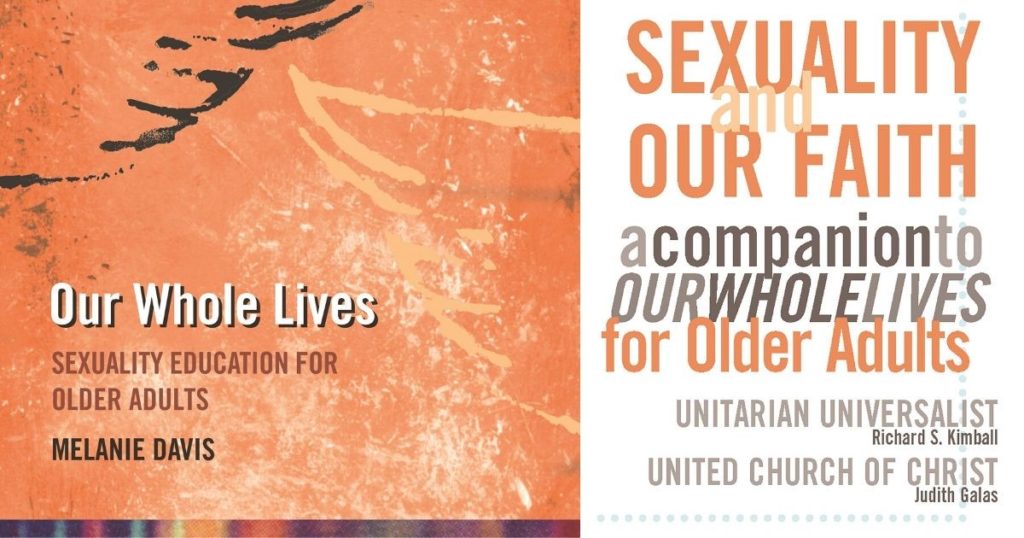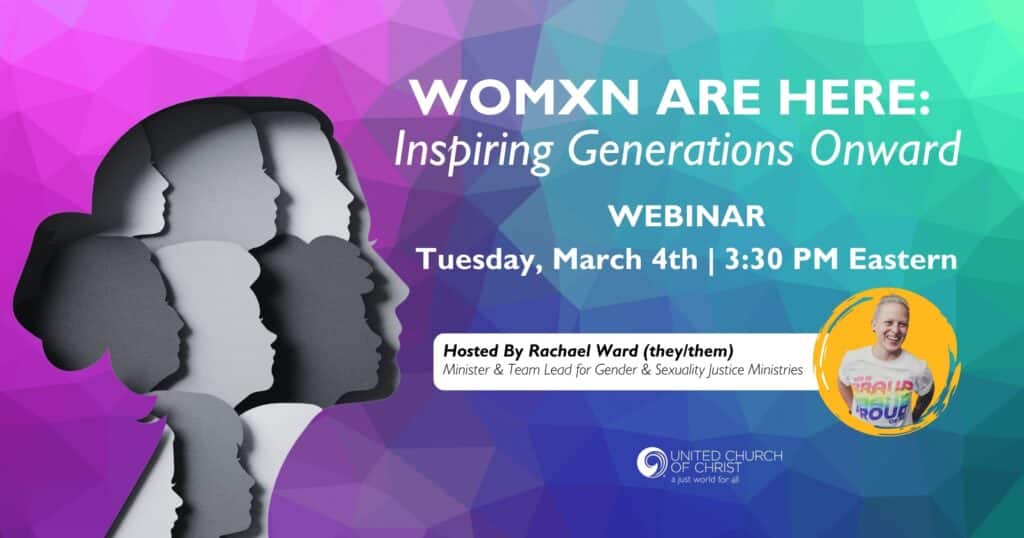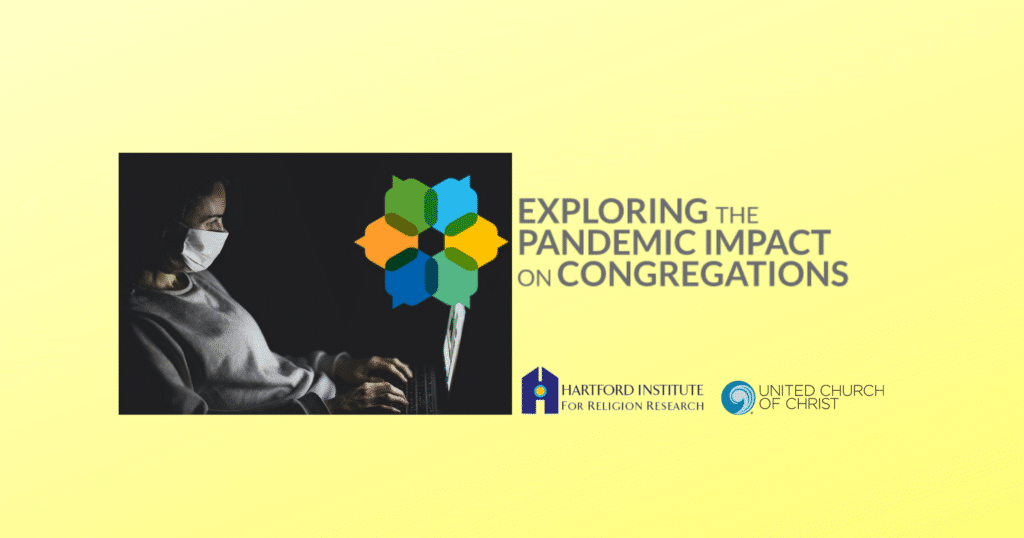UCC introduces latest human sexuality curriculum – for older adults
Amy Johnson was leading a workshop this month on the United Church of Christ’s new human sexuality curriculum for older adults when a participant shared a striking story about simple human contact.
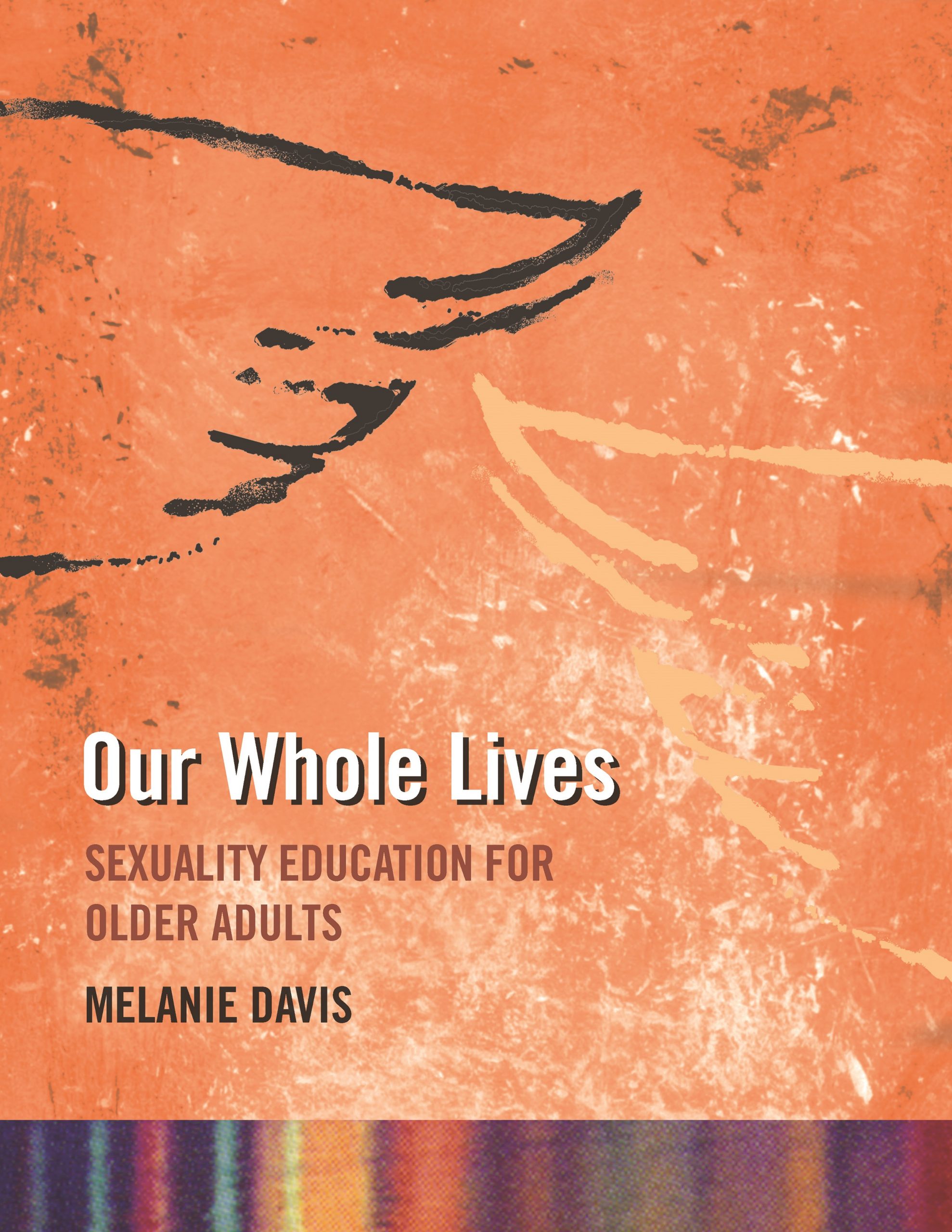 “Somebody told us they have many elderly people in their large congregation, and they will wait over half an hour in line after worship just to shake the pastor’s hand – even if disabilities make it hard for them to stand that long,” said Johnson, the UCC’s minister for sexuality education and justice.
“Somebody told us they have many elderly people in their large congregation, and they will wait over half an hour in line after worship just to shake the pastor’s hand – even if disabilities make it hard for them to stand that long,” said Johnson, the UCC’s minister for sexuality education and justice.
That same hunger exists throughout society, Johnson said. “There’s an increase in older adults making doctor appointments just so that they can make human contact and experience touch,” she said.
Customized for older adults
These are examples of how “sexuality is holistic and includes much more than sexual behavior,” Johnson said. “It’s intimacy. It’s loving touch.” That’s always been the philosophy of “Our Whole Lives,” the curriculum first published by the UCC and the Unitarian Universalist Association in 1998. Over the years, the two denominations have issued customized versions for seven different age groups, including adults (2000) and young adults (2008).
The curriculum for older adults – the first new age-group edition in 11 years – just came off the presses in December 2019 and is being introduced in trainings and workshops now. It was written by Melanie Davis, the UUA’s OWL program manager, who joined Johnson in introducing it in a March 4 presentation at the annual meeting of the UCC’s Council for Health and Human Service Ministries (see accompanying picture).
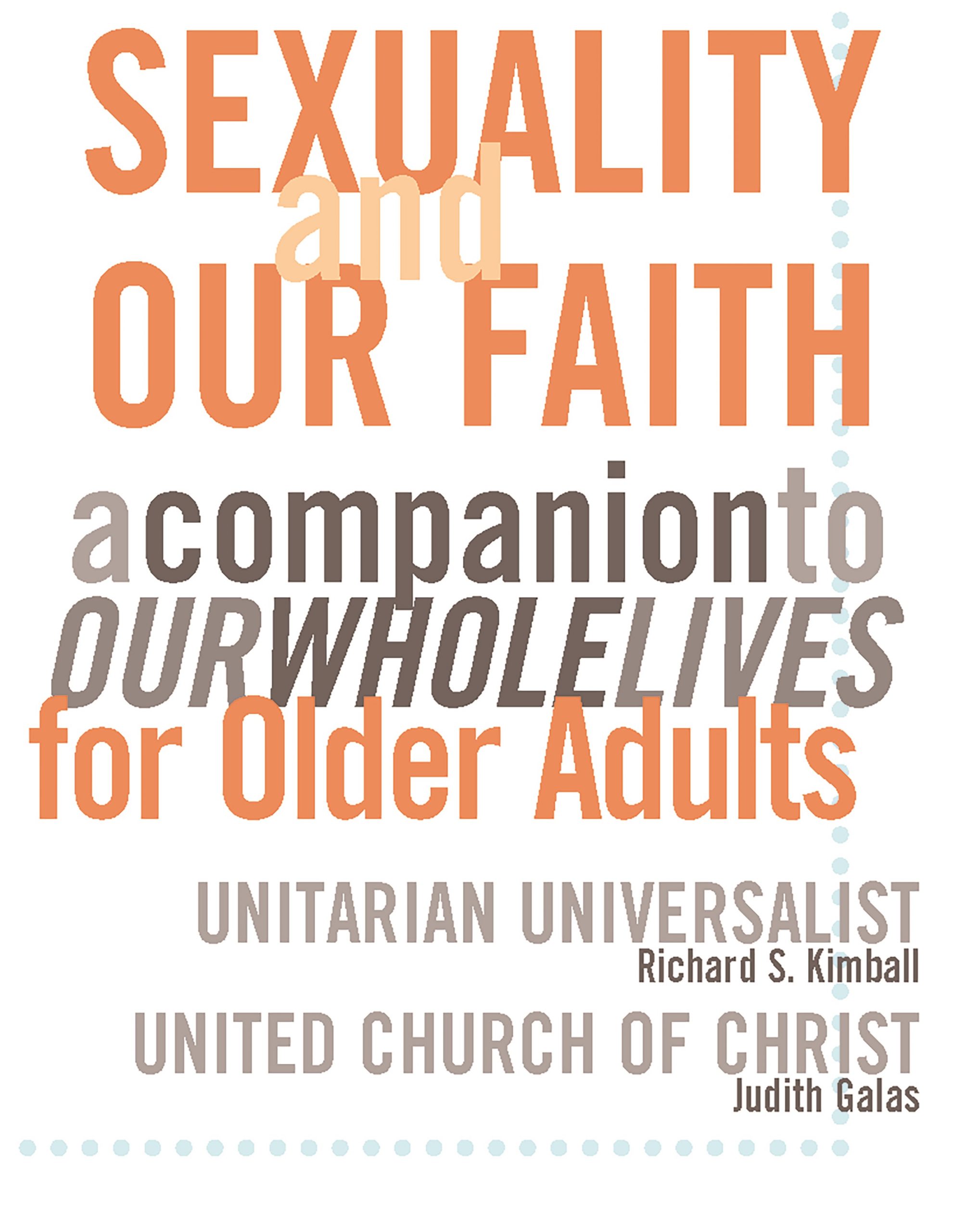 They described the range of topics covered in the curriculum – sexual and other kinds of body health, communication skills, safety, sexual identity and more. Davis, a specialist in sexuality and aging, walked participants through one of its workshops, on body image. That workshop and others can stand alone, which – along with the variety of spiritual resources in the companion volume, “Sexuality and Our Faith” – will make the curriculum easy to customize for UCC and UUA congregations, Johnson said. “Both of our denominations have large numbers of adults 50 and older.”
They described the range of topics covered in the curriculum – sexual and other kinds of body health, communication skills, safety, sexual identity and more. Davis, a specialist in sexuality and aging, walked participants through one of its workshops, on body image. That workshop and others can stand alone, which – along with the variety of spiritual resources in the companion volume, “Sexuality and Our Faith” – will make the curriculum easy to customize for UCC and UUA congregations, Johnson said. “Both of our denominations have large numbers of adults 50 and older.”
Useful in secular settings, too
As with all other age-group editions of “Our Whole Lives,” which have been used in schools, community centers and other secular settings, there is sure to be a demand for this one outside the church, Johnson said – noting that that’s where much work is needed. She said many U.S. residences for the elderly lack proper care and policies in matters related to sexuality.
“That is a huge issue in many places, especially for LGBTQ-identified folks in care facilities and homes,” Johnson said. “Some people are finding they have to go back into the closet to get the care they need. Particularly for gender-queer and trans folks, it’s a timely issue.
“Another thing is that nursing homes and assisted-living facilities don’t always have a policy around intimacy and physical touch and relationships among residents. Some won’t even let people who are married share a room. Or when dementia is involved, what is consensual behavior, if people aren’t remembering that they are married?”
‘The way God created us’
Justice issues like those are addressed in “Our Whole Lives,” and not only in the wider society. Values such as consent and personal boundaries are equally important inside the church, Johnson said. Which is why you should think twice about running up and giving a hug to one those elders waiting in line to shake the pastor’s hand– without finding out if they want one. Getting congregations talking about issues like that is a main feature of the curriculum.
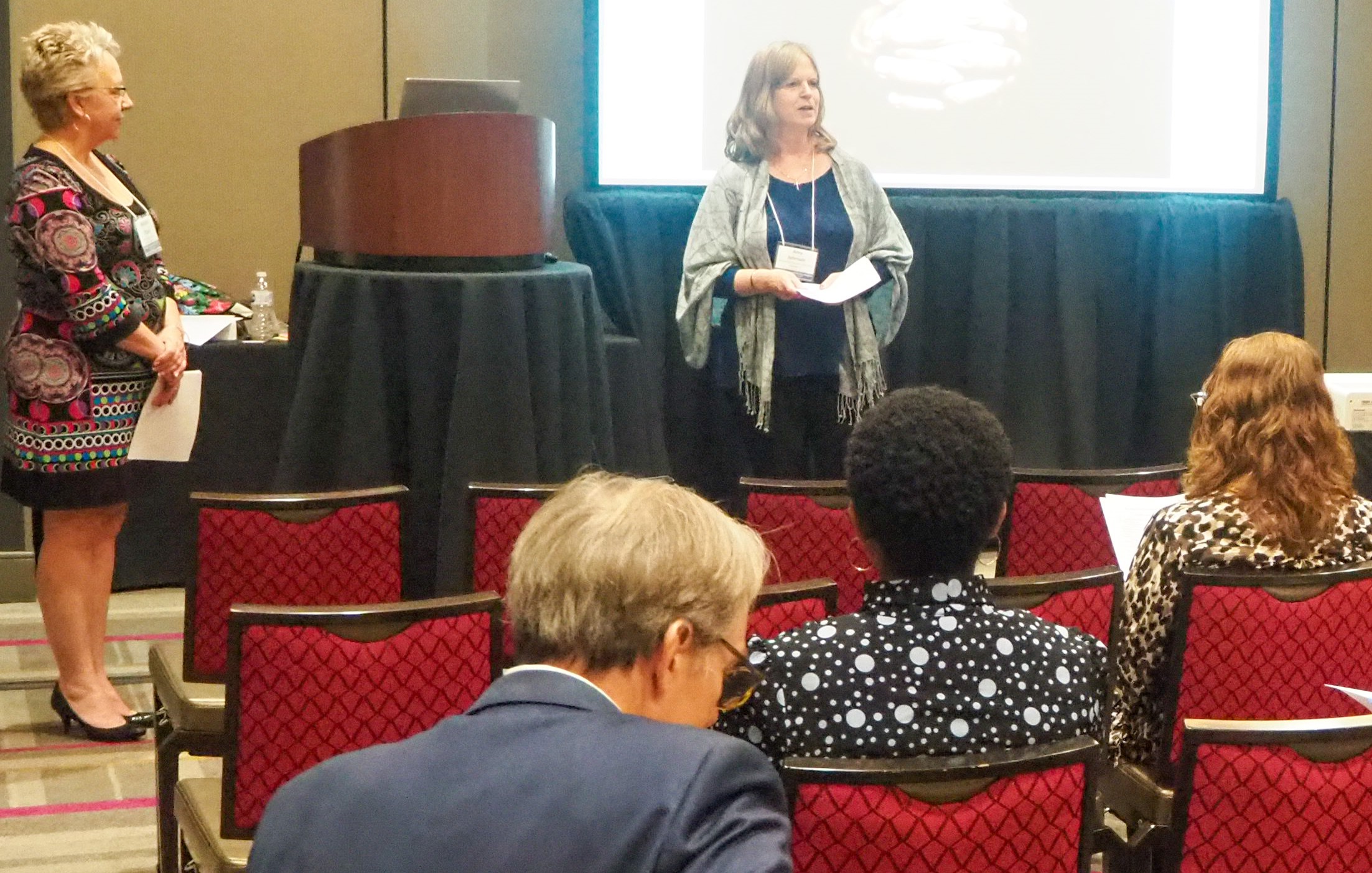 “One of the primary tools of ‘Our Whole Lives’ is to process with a group,” Johnson said. “Rather than saying, ‘This is what you should do,’ it’s asking people to think about it and generate ideas for their own situations – always keeping in mind values like consent.” At the moment, for example, decisions on physical contact in church and elsewhere need to take into consideration the coronavirus outbreak in many parts of the world. “This is all now colliding in real time with COVID-19,” Johnson said.
“One of the primary tools of ‘Our Whole Lives’ is to process with a group,” Johnson said. “Rather than saying, ‘This is what you should do,’ it’s asking people to think about it and generate ideas for their own situations – always keeping in mind values like consent.” At the moment, for example, decisions on physical contact in church and elsewhere need to take into consideration the coronavirus outbreak in many parts of the world. “This is all now colliding in real time with COVID-19,” Johnson said.
The UCC and the UUA both highly recommend that a congregation have someone trained as a facilitator before using “Our Whole Lives” and “Sexuality and Our Faith.” Some 60 to 70 training sessions for various levels of the curriculum are available each year. Information and a schedule of coming sessions around the United States and Canada is available at the training page, here.
For older adults in a church setting, Johnson said, “Our Whole Lives” can be just as valuable, in its age-appropriate way, as it is for younger people: “Participating in a human sexuality program in a supportive and affirming environment in the church will help participants understand that sexuality is an important part of the way God created us, that their church cares about their sexual development, and that caring Christian adults are willing and able to talk with them about their questions and concerns.”
Related News
UCC celebrates Womxn’s History Month in March and beyond
Womxn's History Month is designated in March, and the United Church of Christ is celebrating....
Read MoreFive years later: How did the Covid-19 pandemic impact ministry?
On March 11, 2020, the World Health Organization officially declared Covid-19 a global...
Read MoreRev. Shari Prestemon nominated to serve as UCC’s Associate General Minister and Co-Executive, Global Ministries for Love of Neighbor Ministries
Re-entering the room at the March 2025 UCC Board Meeting in Cleveland to a standing ovation,...
Read More
